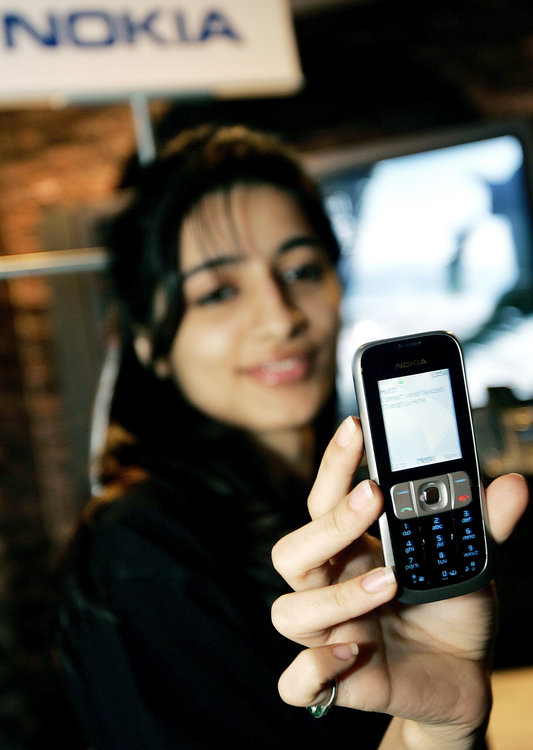in Dubai to review the opportunities and challenges of energy management and city efficiency.
The summit was opened by Dubai Electricity and Water Authority managing director Mohammed Al Tayer. It was attended by Caspar Herzberg, president of Schneider Electric Middle East and Africa, and Schneider Electric cluster president Gulf and Pakistan, Hanan Darwish.
Egyptian Minister of Communications and Information Technology Yasser Al-Qadi also attended the summit, along with Mamdouh Raslan, who serves as chairperson of the Holding Company for Water and Wastewater.
Al Tayer said that the authority has three smart initiatives, including Shams Dubai, which encourages homeowners to install photovoltaic panels to generate electricity, as well as the smart metres initiative that contributes to speeding up installing services and rationalising consumption.
The third initiative is the Green Charger, which provides the necessary infrastructure for the establishment of electric car charging stations. The three initiatives come as part of Dubai’s aim to become the world’s smartest and happiest city.
He explained that the smart grid initiative is an integral part of the authority’s strategy to upgrade the infrastructure through 11 programmes extending until 2020 with investments of $2bn.
Dubai’s clean energy strategy aims to diversify energy sources and raise the clean energy contribution to 7% by 2020, 25% by 2030, and 75% by 2050.
Herzberg said that the company’s strategy relies on integrating energy and digital technologies in one system to provide the best utilisation of energy and reduce carbon emissions.
He explained that Schneider Electric has been working to reduce carbon emissions since it was established.
He noted that the company aims to provide all its innovative solutions to the Egyptian market to contribute to lowering carbon emissions in Egypt.
He pointed out that Egypt could have an entire city based on clean energy technology and be free of carbon emissions.
Darwish said that the Middle East countries have developed strong communication channels to discuss information technologies and their applications in infrastructure.
She stressed that working alone is no longer effective, urging officials to benefit from the summit through cooperation and implementation of smart solutions in energy management.
For his part, Raslan invited all companies to cooperate and implement water and wastewater projects in Egypt with finance from international organisations and banks.
He pointed out that water quality is on top of the government’s priorities now.
He stated that the Holding Company and its subsidiaries put out about 25 million cubic metres of water per day, where 85% of the water comes from the Nile.
He explained that some water pipes are over 100 years old, despite the expected life span being only around 30-50 years.




